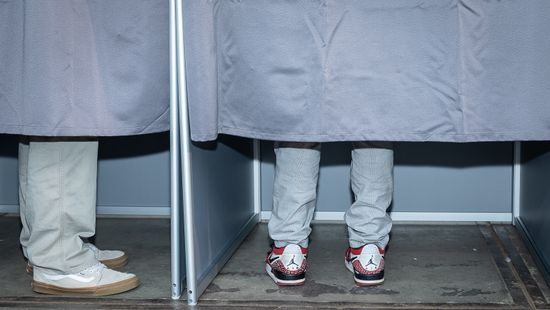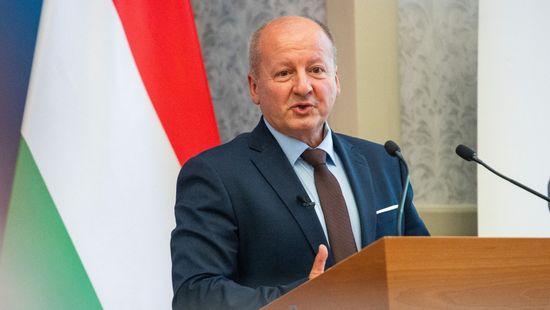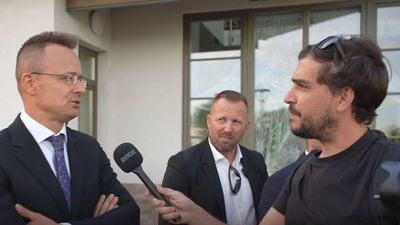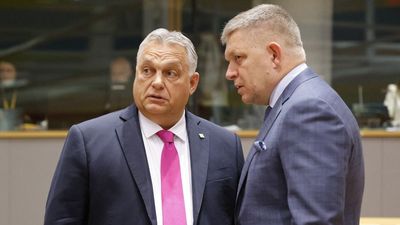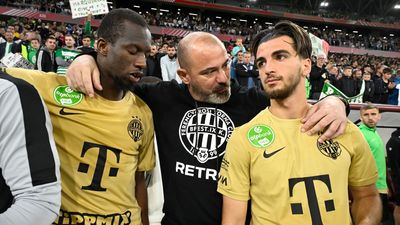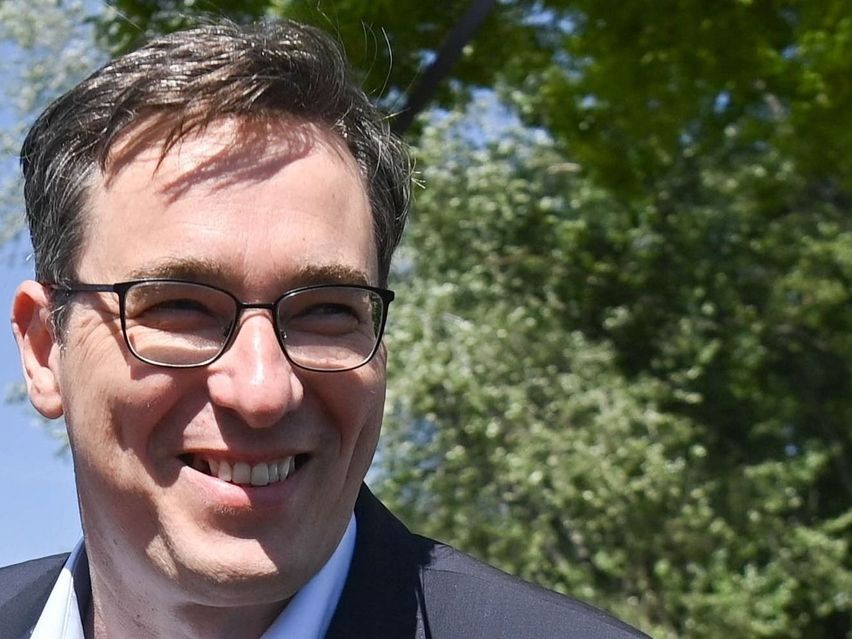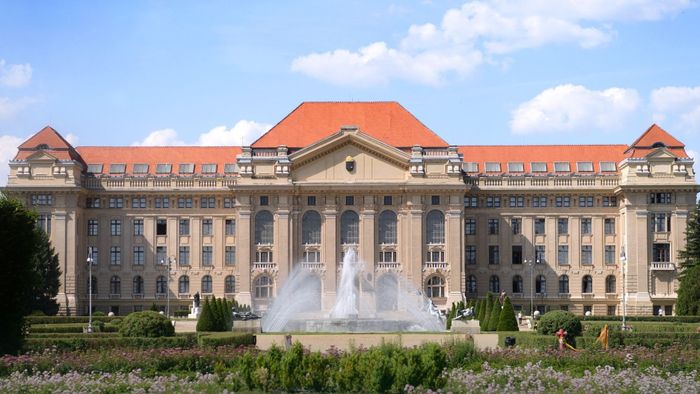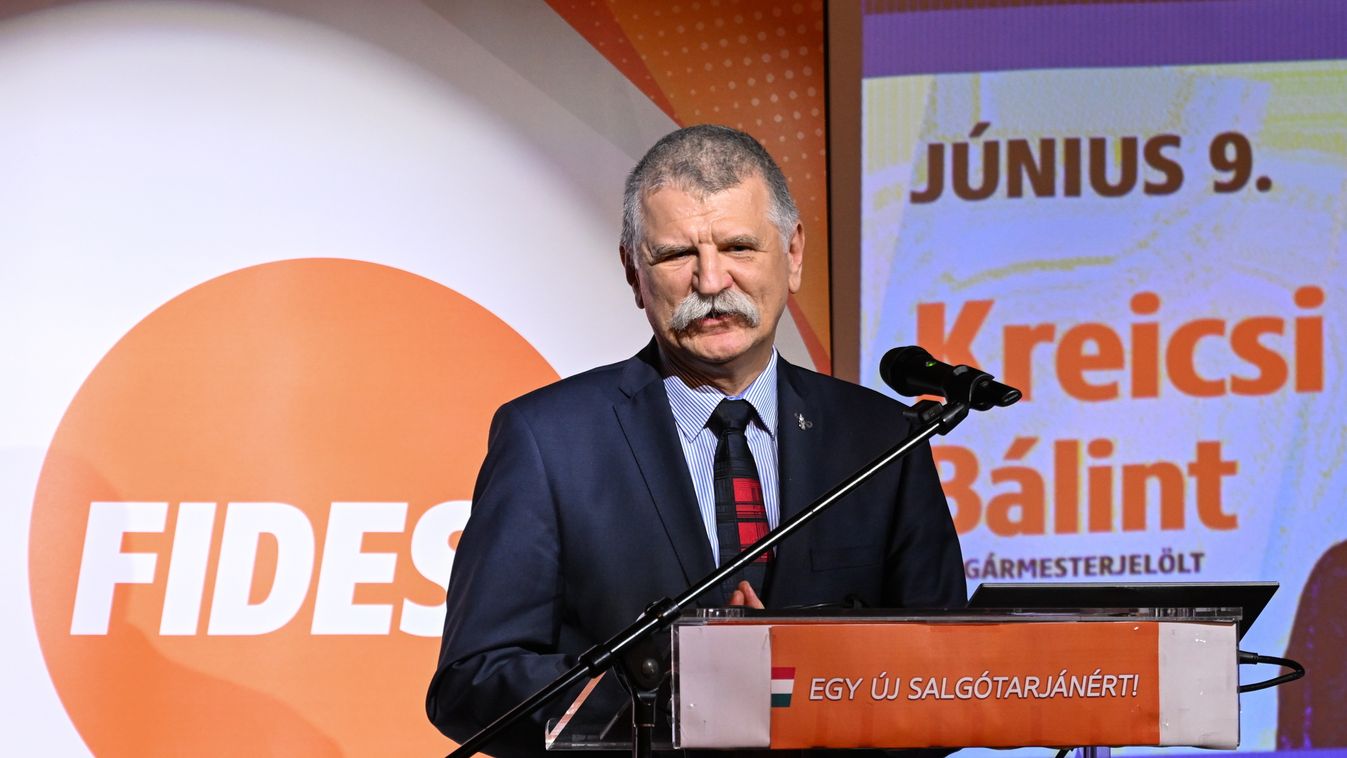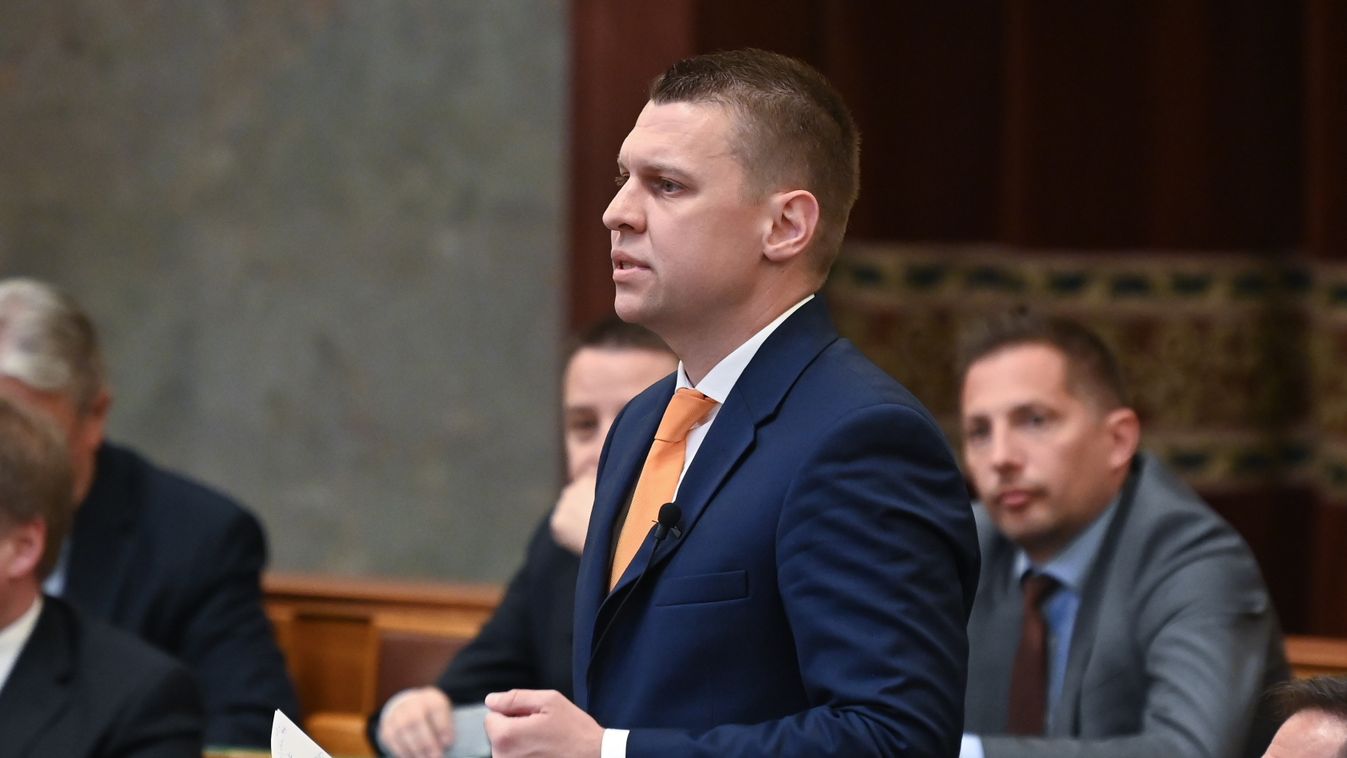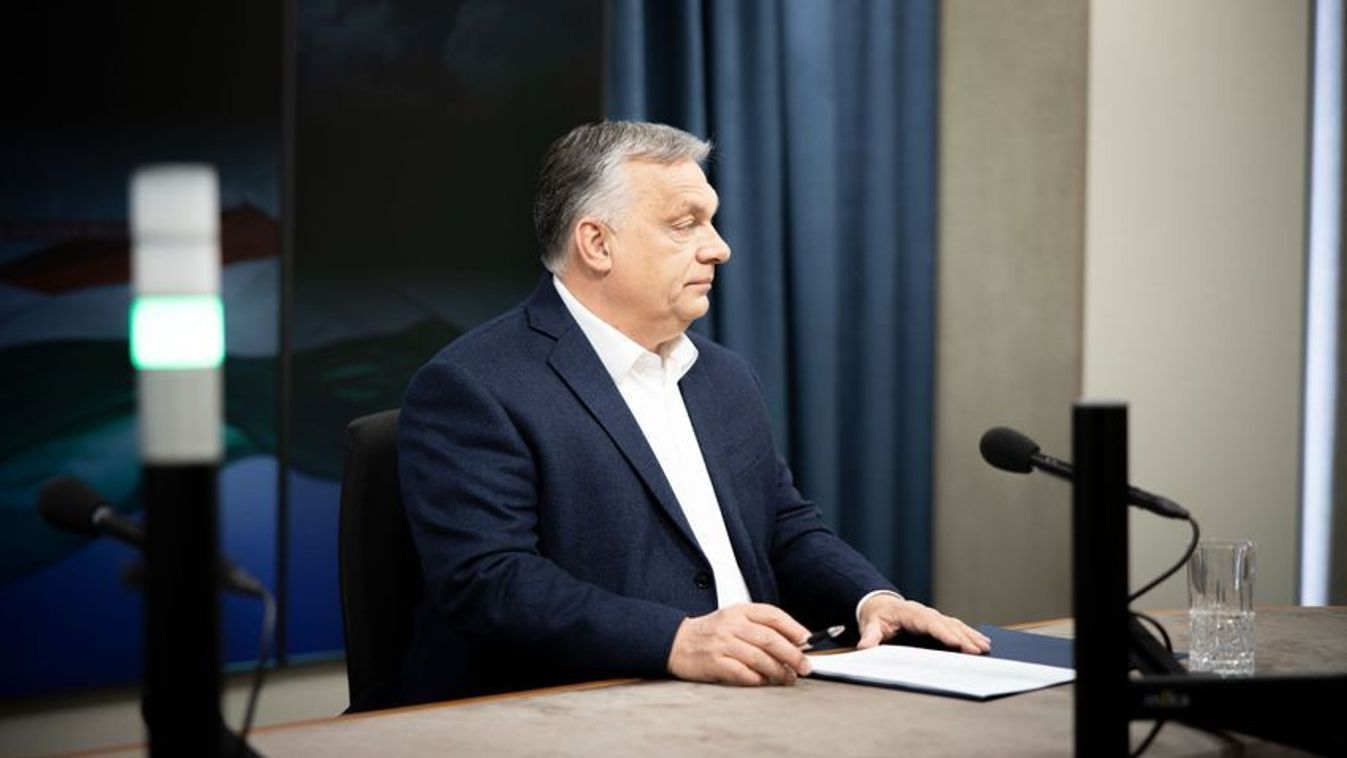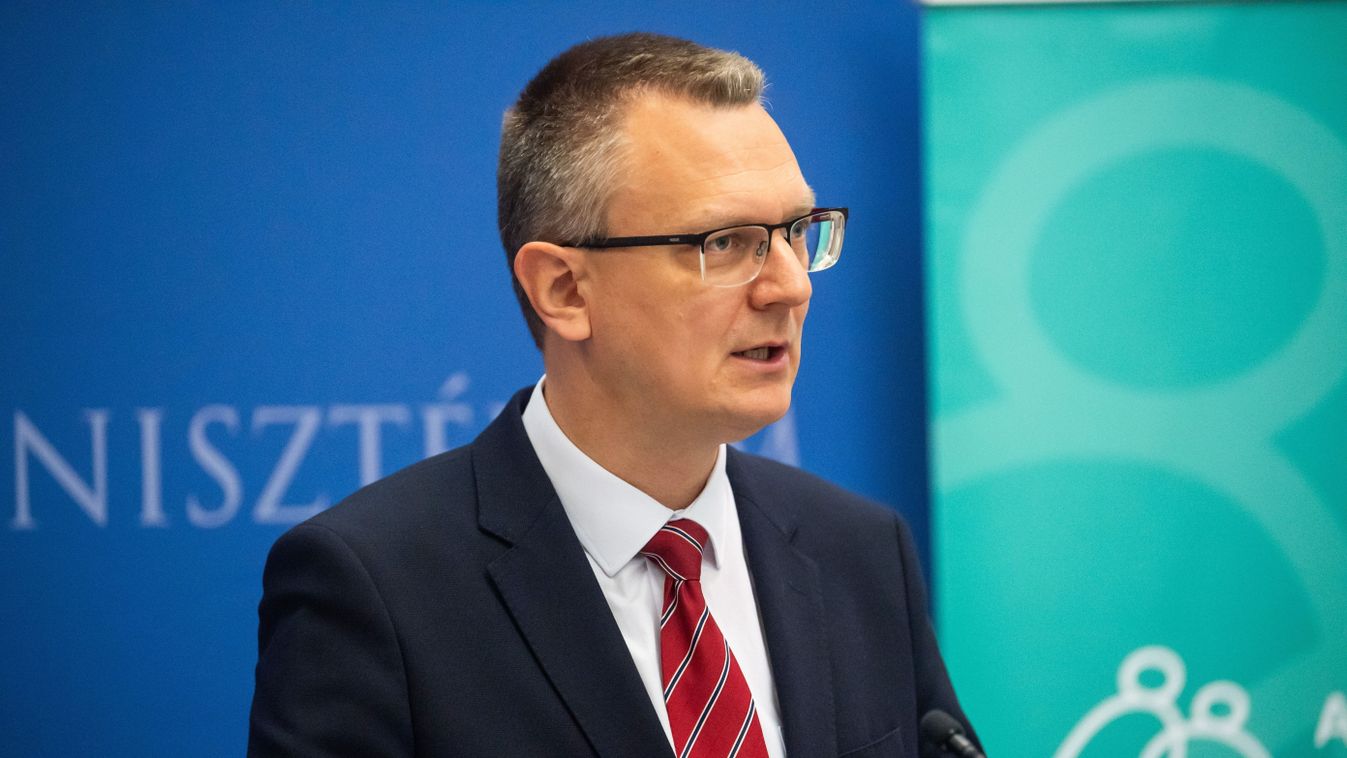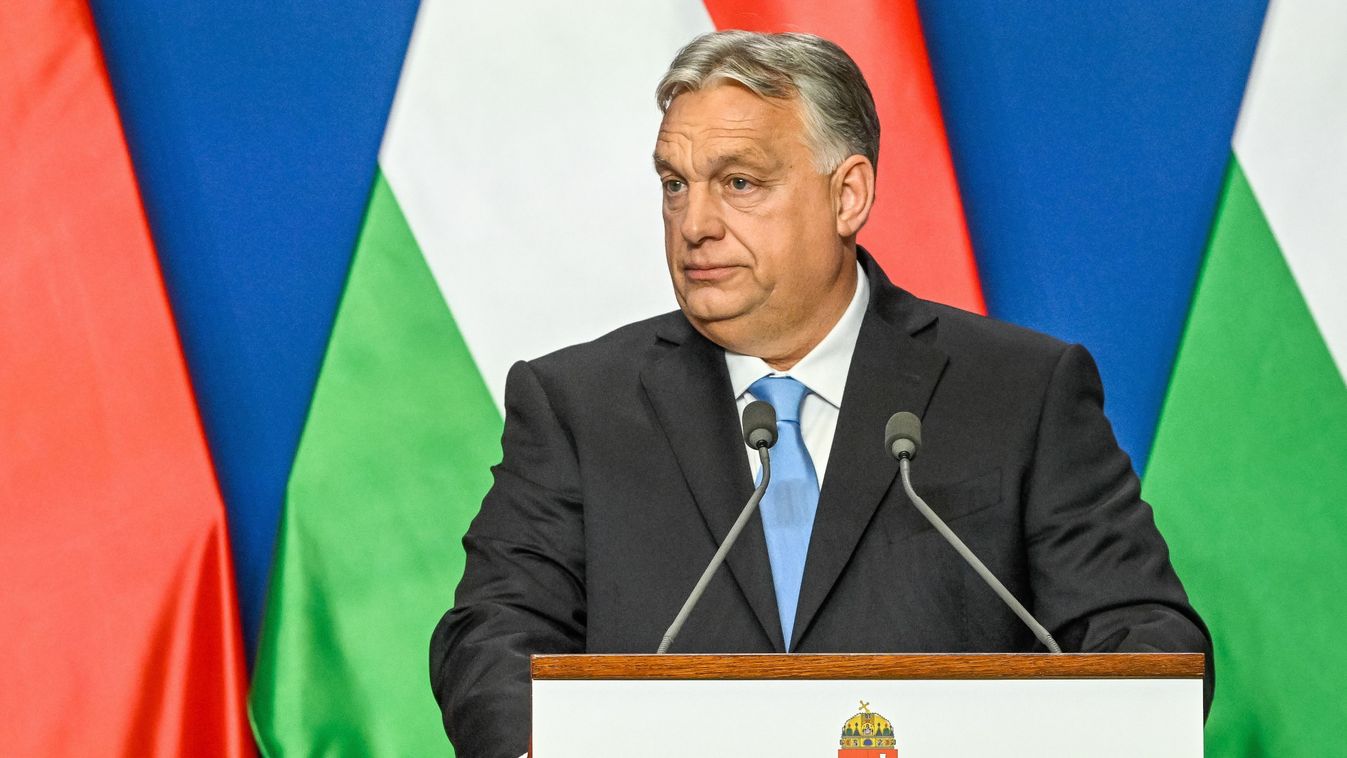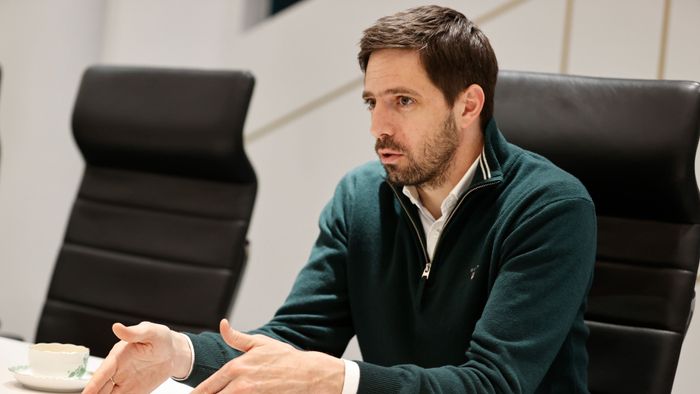In an integrity investigation, a Dutch platform found that a quarter of the 704 MEPs had been accused of "misconduct, corruption, fraud or theft" on at least one occasion. It is no coincidence that Hungarian Prime Minister Viktor Orban shared the post below early last year:
At this rate, soon there will be enough corrupt MEPs behind bars to form their own football team in prison.
The Hungarian prime minister's comment was prompted by the case, which has since been dubbed the Brussels corruption scandal or Qatargate, involving the payment of large sums of money and substantial gifts. The consequences were serious, with Italian MEP Andrea Cozzolino arrested in Naples on foot of a European Arrest Warrant and criminal proceedings initiated against MEP Marc Tarabella. Greek MEP Eva Kaili faced the same charges, along with her spouse and former MEP Pier-Antonio Panzeri. Eva Kaili, the best known figure in the scandal, has already spent four months behind bars and now faces a sentence of 5 to 15 years in prison if found guilty.
The closer you look, the more scandals you find. In December last year, numerous MEPs were put on Santa's naughty list. What is striking about this and similar lists is that right-wing lawmakers were mostly included for spreading fake news. Among others, this was the case with Christian Terhes, who said that the existence of transgender women is the biggest threat to women. Without a view to the severity of offenses, left-wing MEPs were marred in scandals on accusations that were far less subjective in their nature.
In addition to the Brussels corruption scandal mentioned above, Wlodzimierz Karpinski, Donald Tusk's former minister, was released from prison in November - arrested for taking a bribe of one million euros from a company bidding an a rubbish collection contract. He is now sitting in the European Parliament. Three MEPs from the Socialists and Democrats, one from the EPP group, one from Guy Verhofstadt's Renew Europe and one from The Left were suspected of abuse of office and fraud. Irish MEP Mick Wallace (The Left) failed to declare that he was pocketing hundreds of euros a month as an "adviser" to wine bar businesses. Spanish MEP Monica Silvana Gonzales (S&D) was sanctioned by the European Parliament in January for psychologically harassing her assistants. Parliamentary assistants filed 13 separate reports of harassment against French MEP Anne-Sophie Pelletier (The Left). Greek Alexis Georgoulis (The Left) is awaiting his trial in Belgium for alleged rape in 2020.
An analysis published by the Irish The Journal portal in 2024 reveals that during the current term, 23 MEPs have been convicted by a court - not by an internal ethics body - with outcomes ranging from fines to prison sentences. This batch would make up two football teams.
Whether the right wing is strengthening or not, there are already signs indicating that other lawmakers sitting in the European Parliament may yet turn into protagonists in scandals. The far left in Italy is working to get an Italian activist serving a prison sentence in Budapest into the EP. The ultra-left political movement Power to the People has issued a statement calling on its followers to vote for Ilaria Salis in the June EP elections - thus opening the cell door of the activist imprisoned in Budapest.


